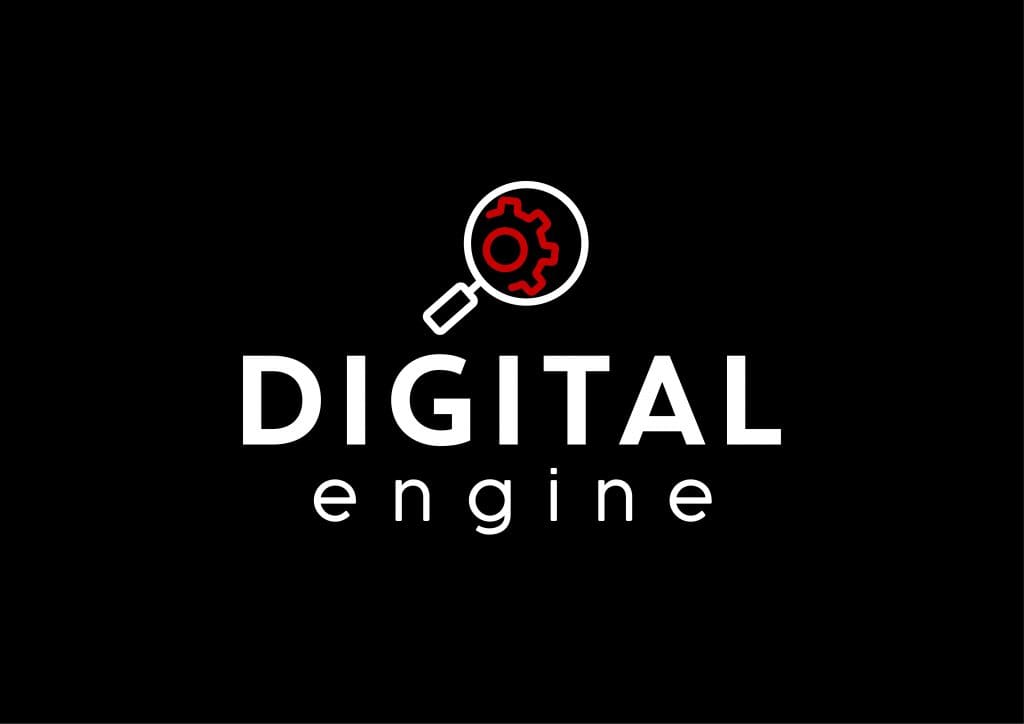Digital Engine
agency Success Story
Complete transformation for a digital agency to do more
In the early days, we regularly received requests from clients to create their website but we absolutely hated the preparation and maintenance side of web development. However, that all changed after Staq!
Now, we don’t have to worry about managing and maintaining systems and processes; it is all guided inside the Staq interface so all we focus on now is what we do best.

What made you move to Staq?
Well, for full transparency, the guys behind Digital Engine are the co-founders of Staq. It was the team’s frustration of:
- managing different servers for clients
- hosting companies configure servers differently
- inheriting websites and server accounts that weren’t correctly setup
- managing websites, including, plugins and themes
- optimisation plugins differed on different servers based on setup
- not generating revenue for managing hosting accounts
- tasks that should be automated were taking a bunch of time to complete
With the experience of running an agency, the team at Staq created an entire system to things better and faster.
What was the challenge and frustrations you went through internally inside the business?
These issues don’t typically apply today but Digital Engine is over 13 years old. In the older days, many mundane and boring tasks had to be completed just before someone could start building the website. In those days, the client would have their web hosting account setup and then you had to configure the server from installing Apache, PHP, MySQL and then the WordPress installation files.
After that was all done, you would manually install all the commonly used plugins.
Then, when it was ready to take the website live, you would take it live and since you didn’t want to break the WordPress site, you would then frantically change the database URLs, install an SSL certificate and if a client required a CDN, adding to more and more hours required just to take it live.
Then, there was the process of providing some form of on-site SEO if the client paid for this service which also included optimising and speeding up the website load times.
The result of everything is that:
- servers is hosted with a company
- DNS is accessible via the domain name and the ping times were slow
- you would use a bunch of optimisation plugins and the results varied due to different hosting companies
- clients expected core and plugin updates that we weren’t charging for
- CDN services was another service
Then you’re frustrated that nothing is centralised and everything is tracked on an Excel spreadsheet.
What feature do you love in Staq?
The simplicity that everything is managed in one dashboard. From a business point of view, the business became even more profitable because we weren’t wasting time with mundane tasks as the flow and process has been automated inside Staq.
It’s also opened a brand new revenue stream for the business as clients are charged hosting and management fees and Staq handles the entire billing process.
What client success stories do you have?
We have to a client who had recently struggled to reach the top page of Google despite doing extensive SEO work such as blogs, backlinks and more.
Little did they know website page speed and Google Core Web Vital Scores affect SEO quite drastically!
When they moved over to Staq not only did their website speed improve, but they were pleasantly surprised to see their Google rankings climb almost instantly too!
With a little tweaking using the Staq Cache tool within WordPress, we were able to further improve their Core Web Vital score. This helped our client reach that highly sought after 100/100 for mobile.
Has the development and deployment of your WordPress builds improved because of Staq?
Staq has drastically improved our development and deployment process. Between taking a website live, CDN and SSL deployment used to be done via a checklist to maintain quality. Now, with a few clicks, we deploy sites within minutes.
Also the maintenance of plugin updates is much easier now. It has freed our time whilst maximising hosting revenue. This in turn has allowed us to take on more work and at a more efficient level.


